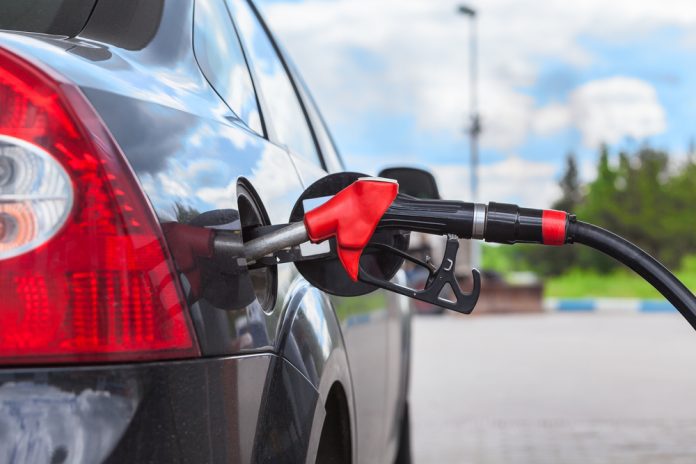General Motors would incur fines totaling $6.5 billion and Chrysler parent Stellantis $3 billion due to Biden’s administration plan to raise fuel economy standards through 2032.
In a letter to the U.S. Energy Department on September 29, the American Automotive Policy Council, which is made up of representatives for GM, Stellantis, and Ford, referred to the scale of the anticipated fines for failing to comply with the planned Corporate Average Fuel Economy (CAFE) rules as “alarming.”
According to the letter, Ford will be subject to separate fines of roughly $1 billion, while Volkswagen, the largest foreign manufacturer, will be subject to fines of over $1 billion.
The Department of Energy (DOE) was requested in the previously unreported letter to reconsider its decision to change the “Petroleum Equivalency Factor,” which will “disproportionately higher compliance costs” for American manufacturers.
On October 2, DOE announced that it had written to the Detroit Three and other automakers on September 14 to request their feedback on its concerns regarding the effective date and the possibility that vehicles might have lead-time issues.
Encouragement of EV adoption can minimize petroleum usage, but giving it too much credit can increase net petroleum use because it allows conventional vehicles to have lower fuel economy, according to a DOE report from April.
According to a group last week that represented almost all significant automakers, the industry might be subject to $14 billion in CAFE fines. Although the NHTSA did not respond to a request for comment on Monday, it previously stated that the estimate provided by the automakers is “consistent with our statutory obligations” and that the automakers “are free to use electric vehicles to comply and avoid penalties altogether.”
Furthermore, automakers must purchase credits or pay fines if they cannot achieve CAFE regulations. For failing to comply with U.S. fuel economy standards for earlier model years, Stellantis and GM paid a total of $363 million in fines.






